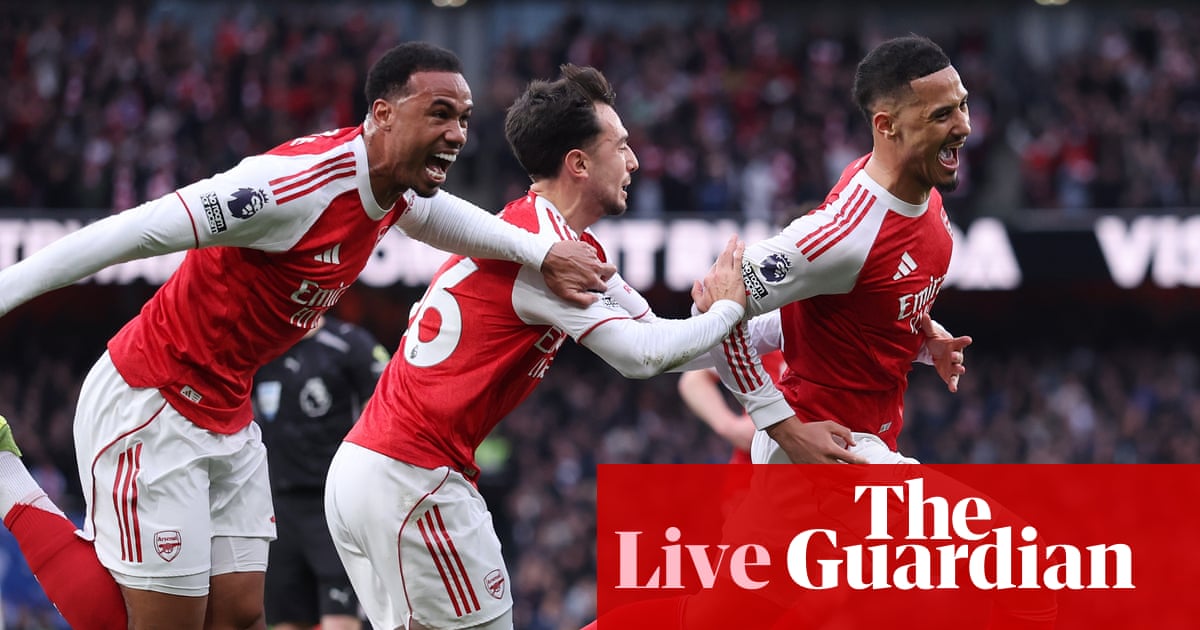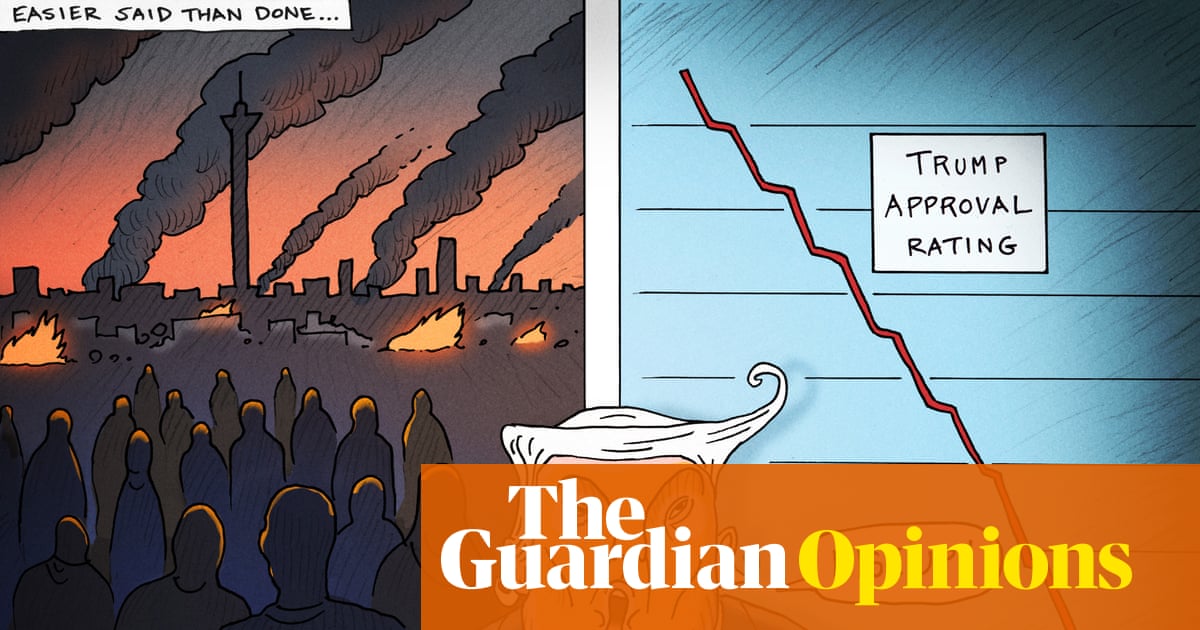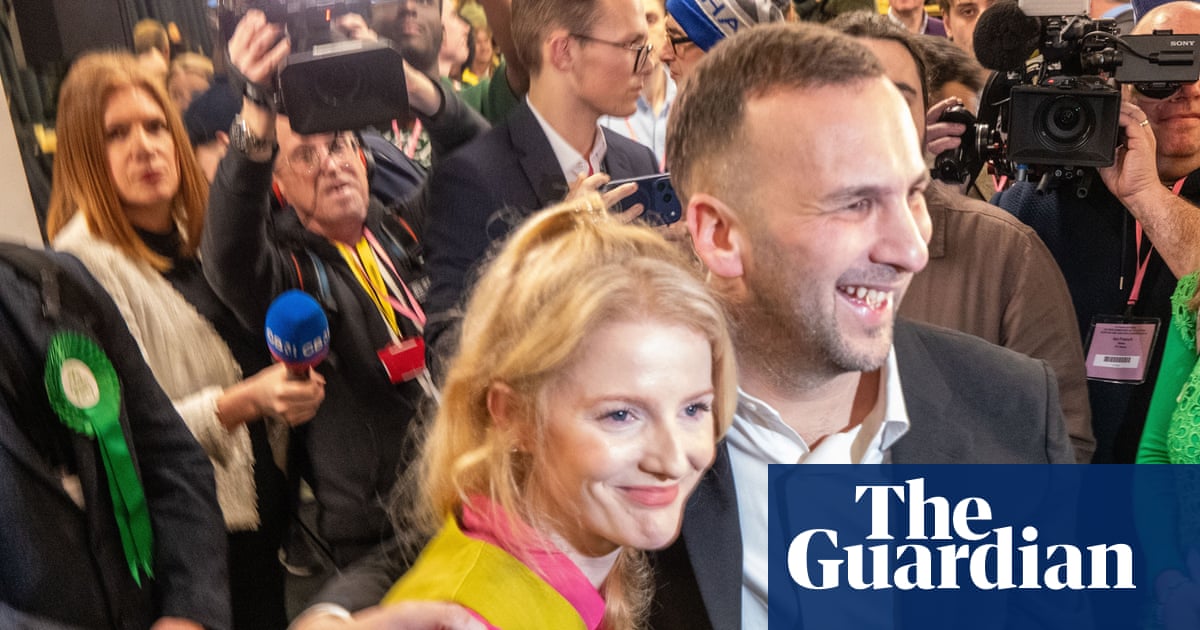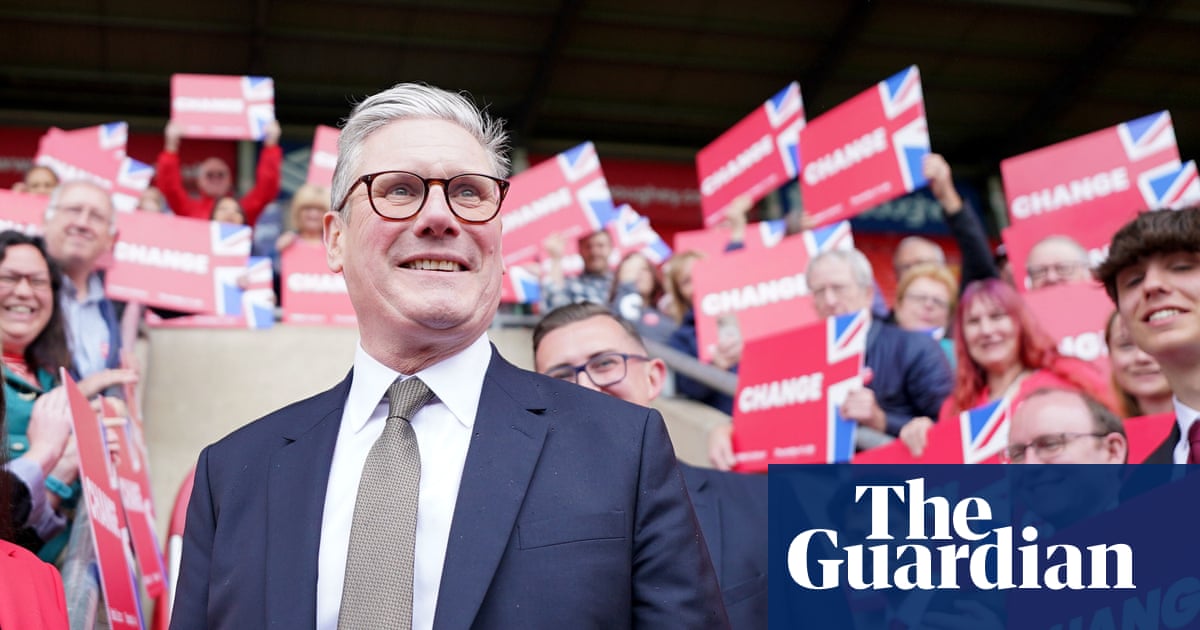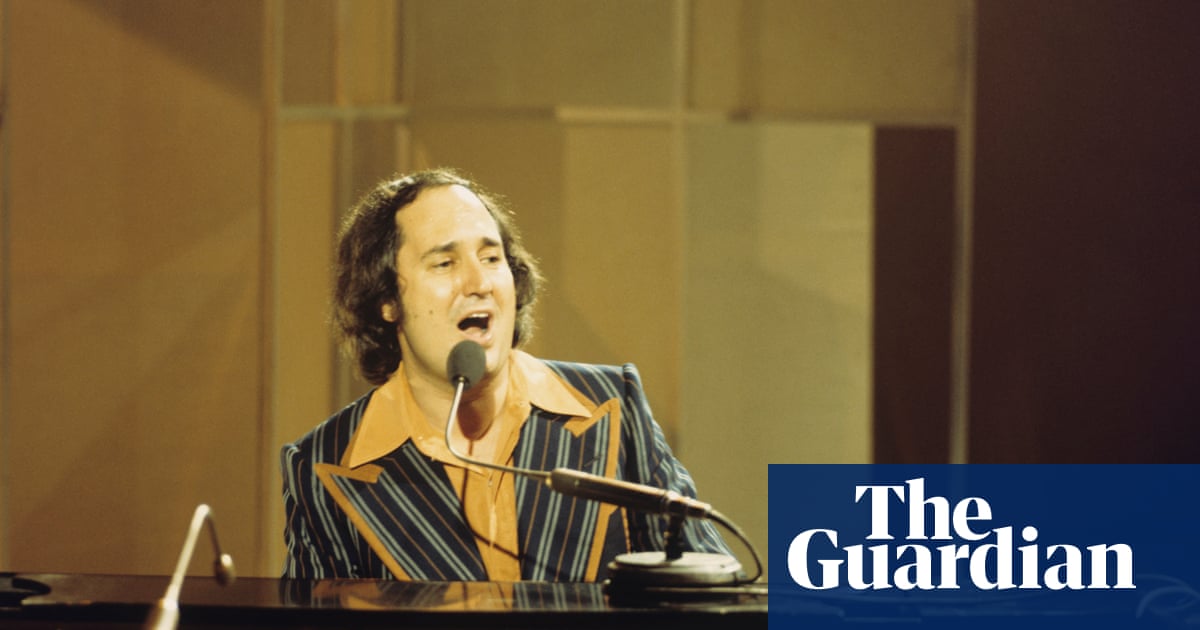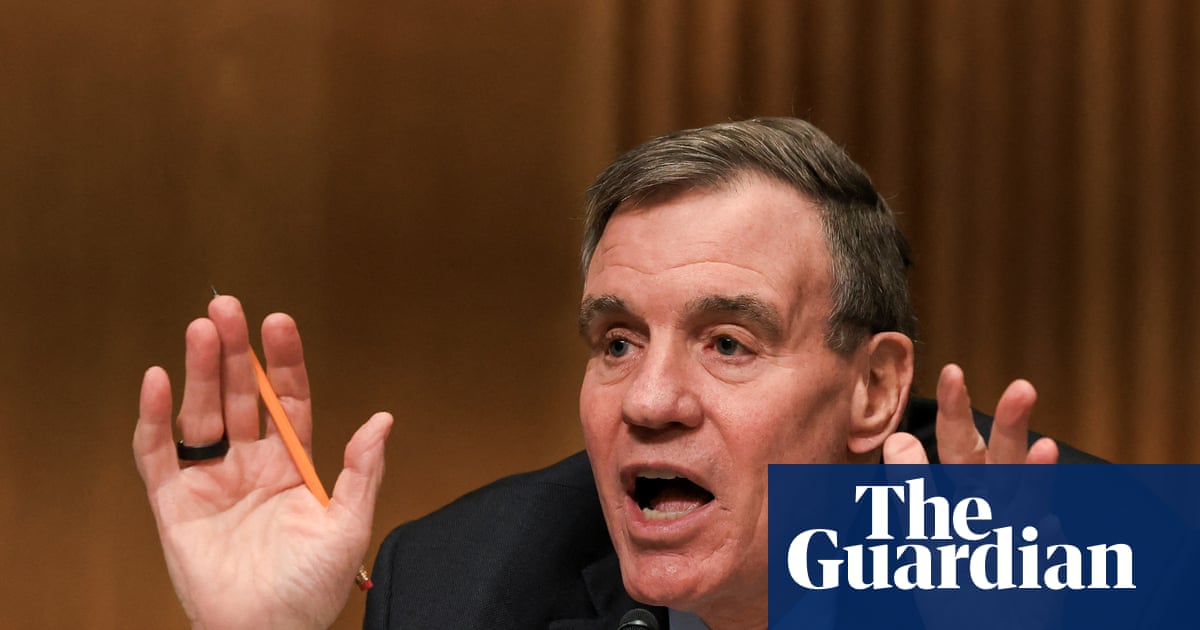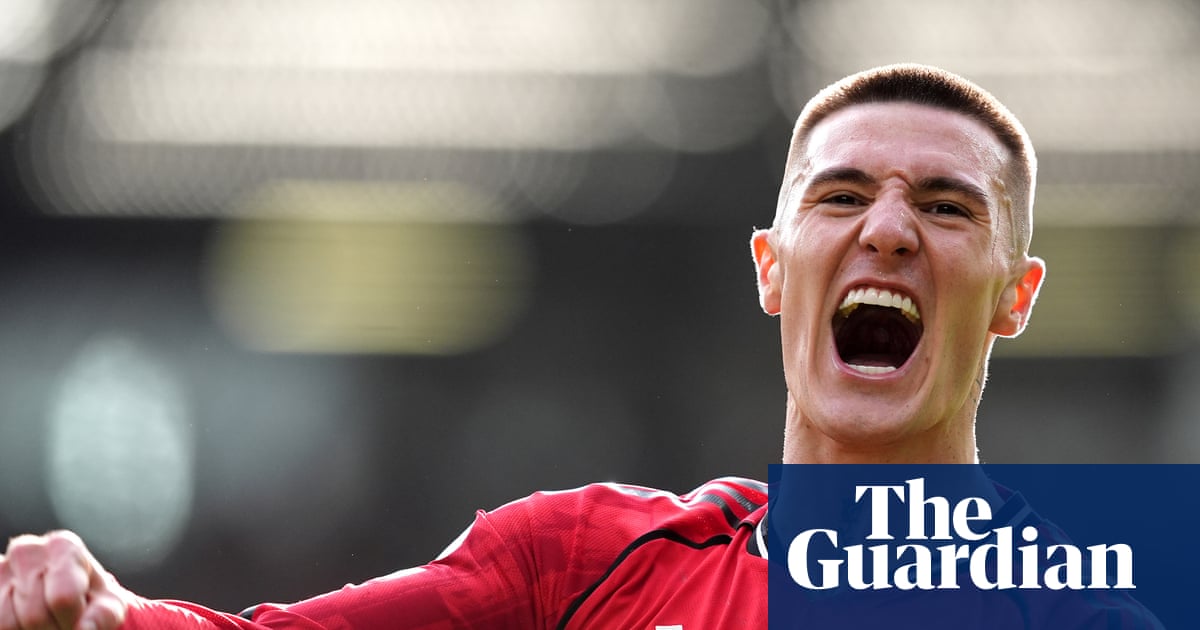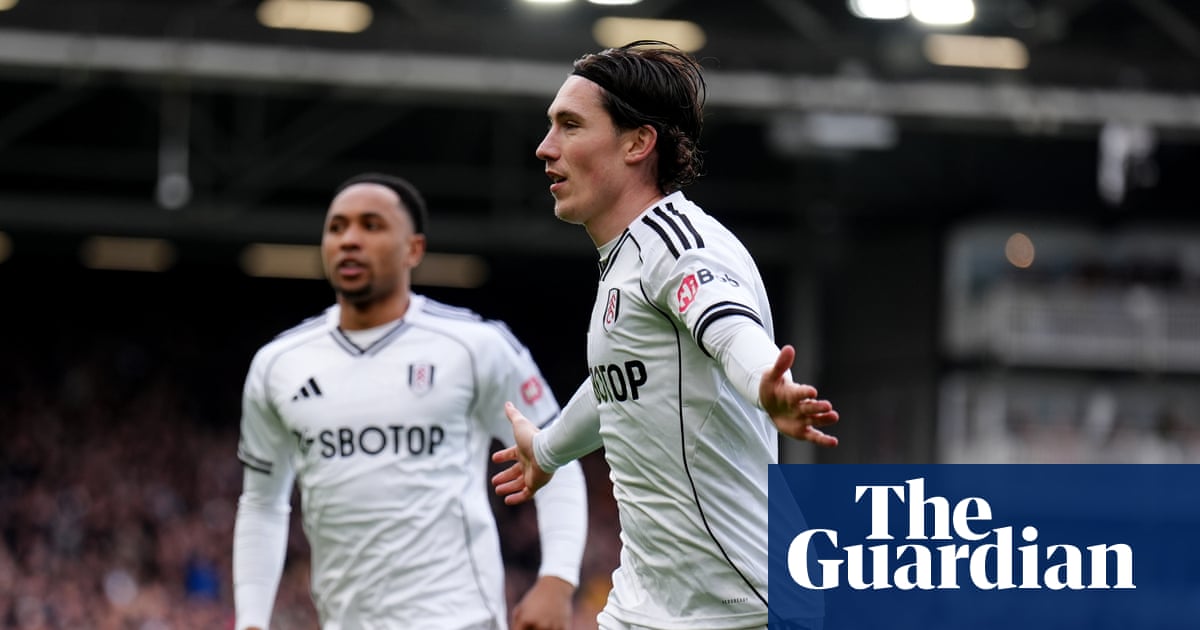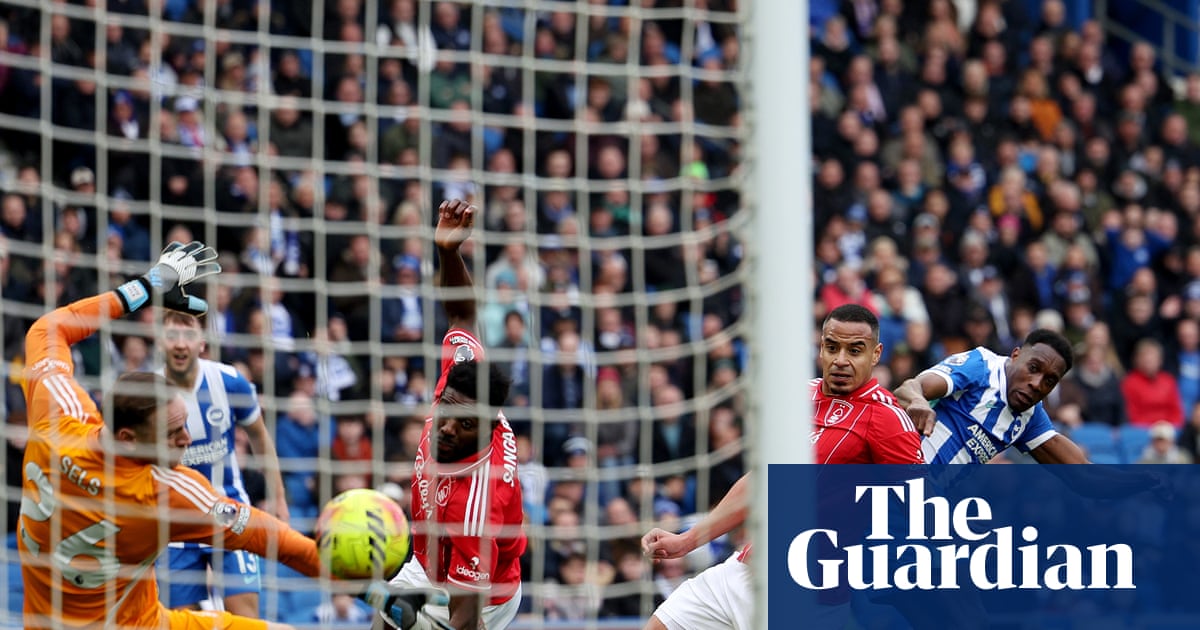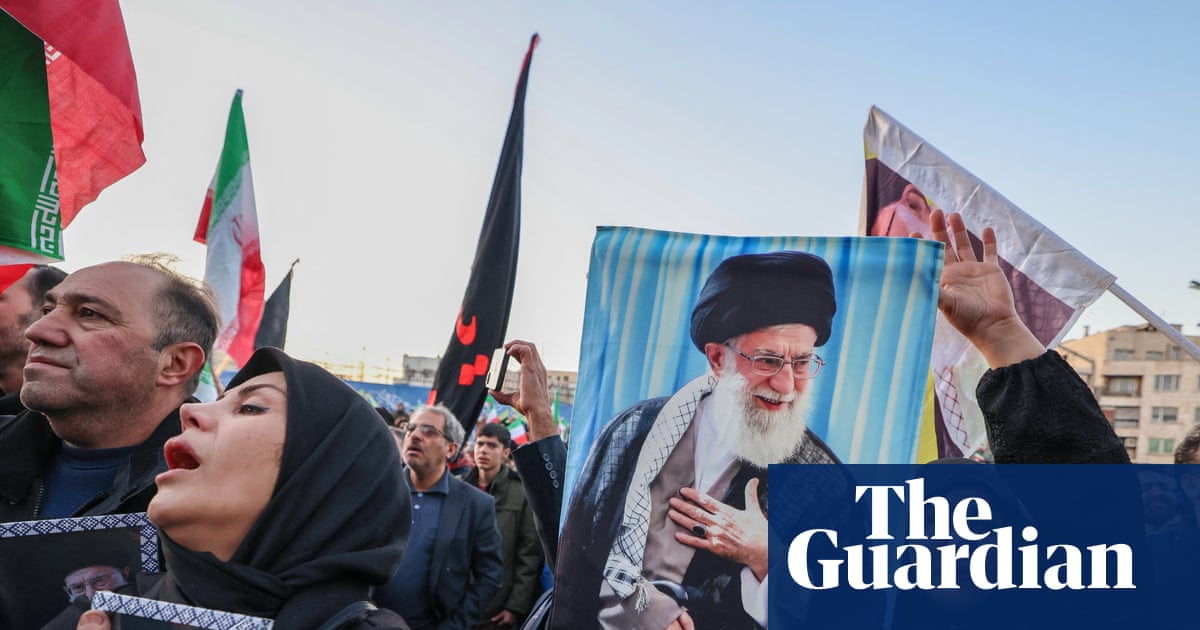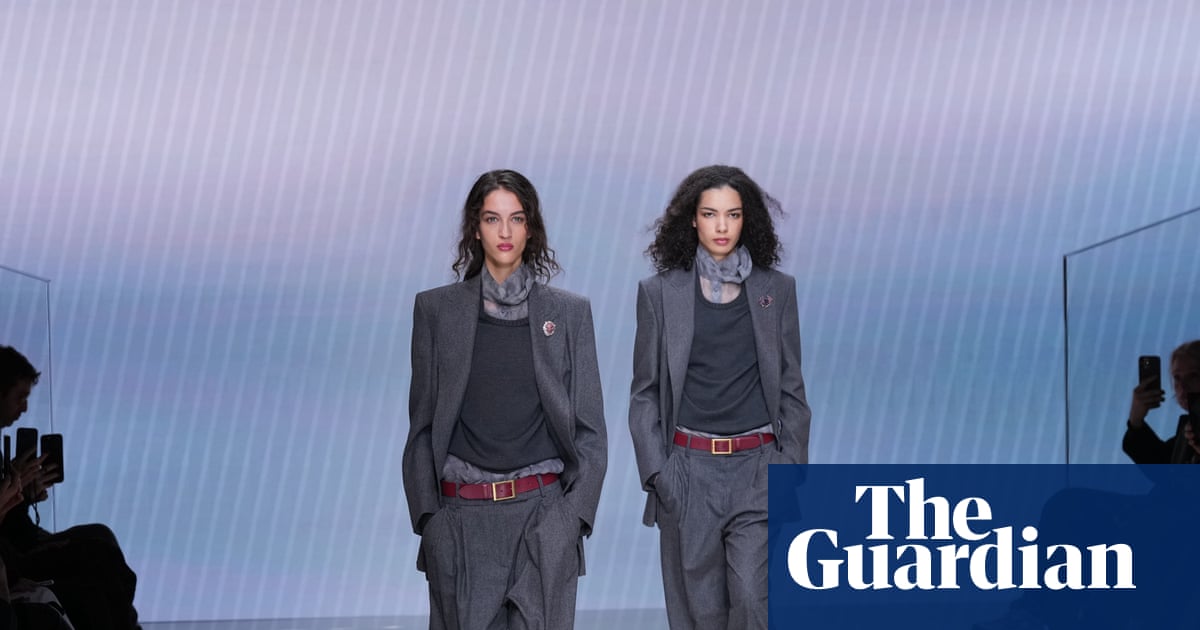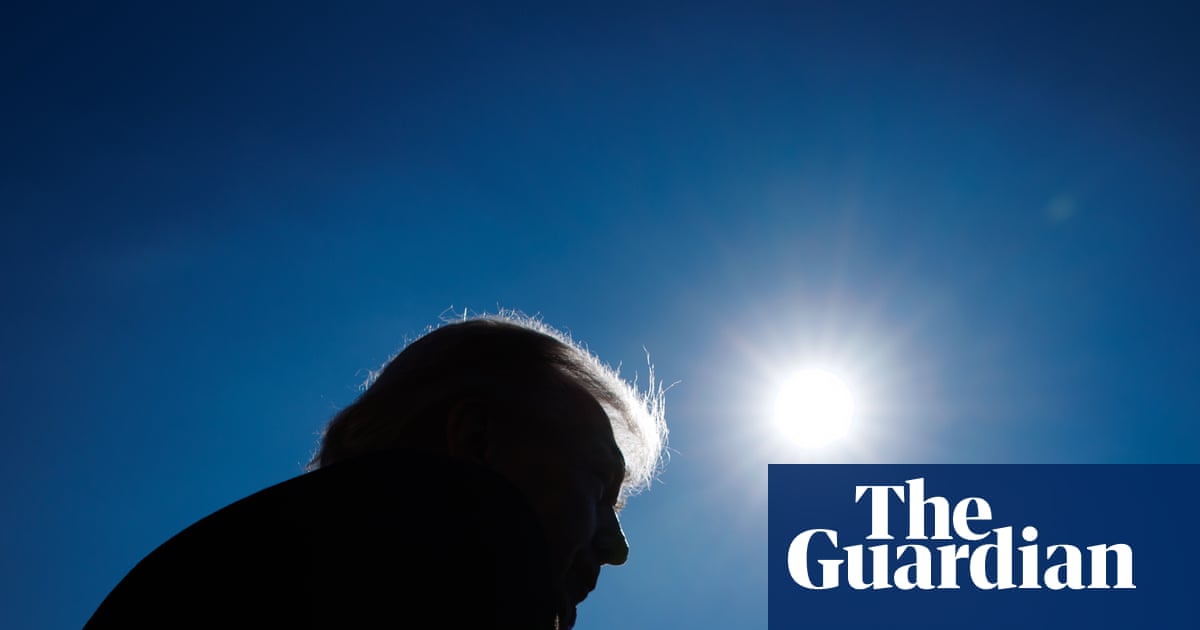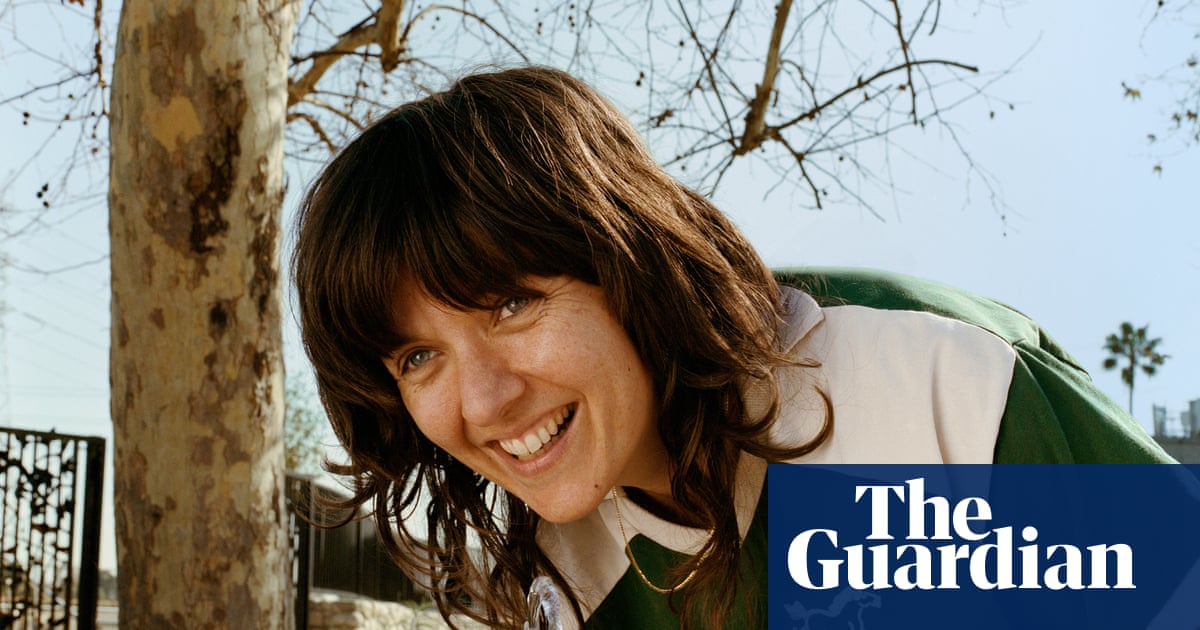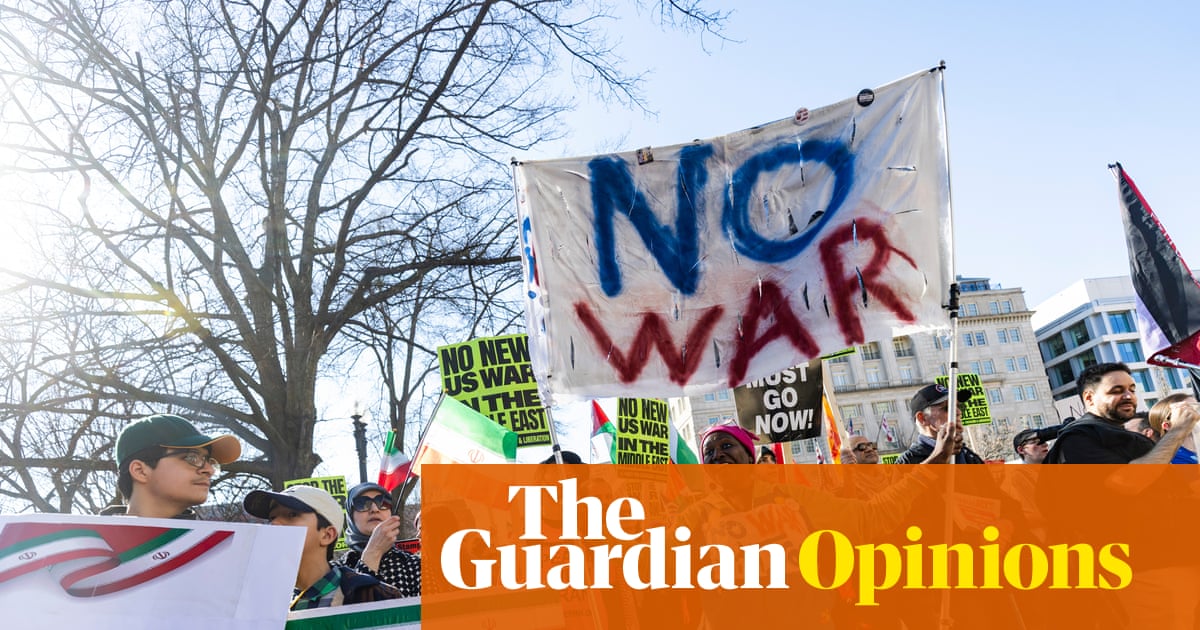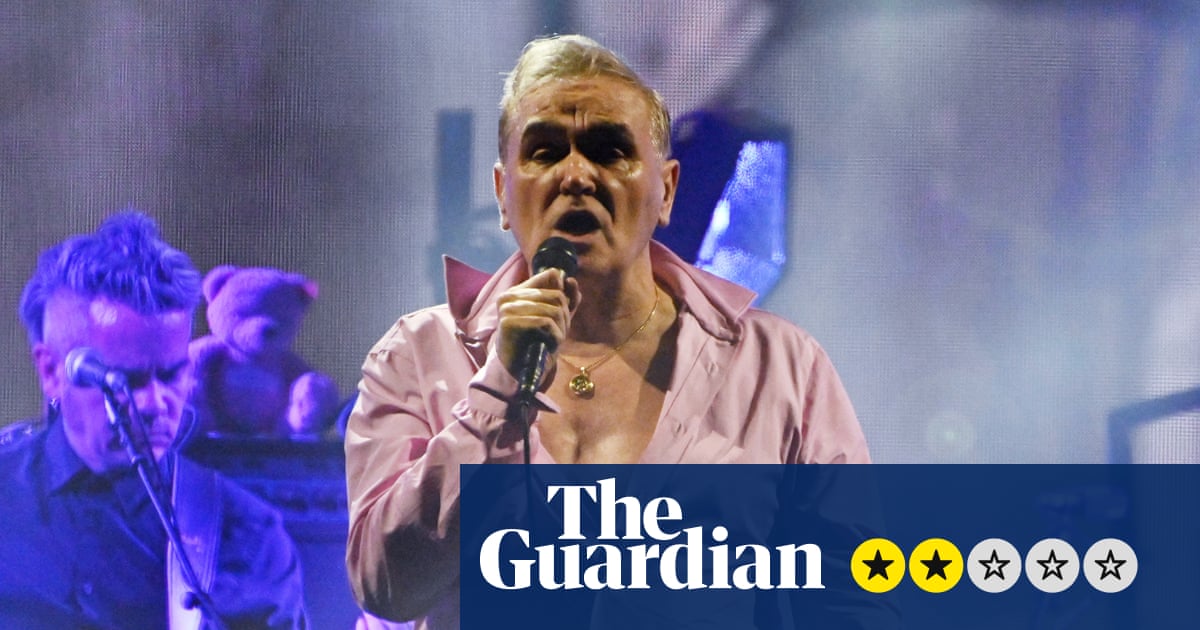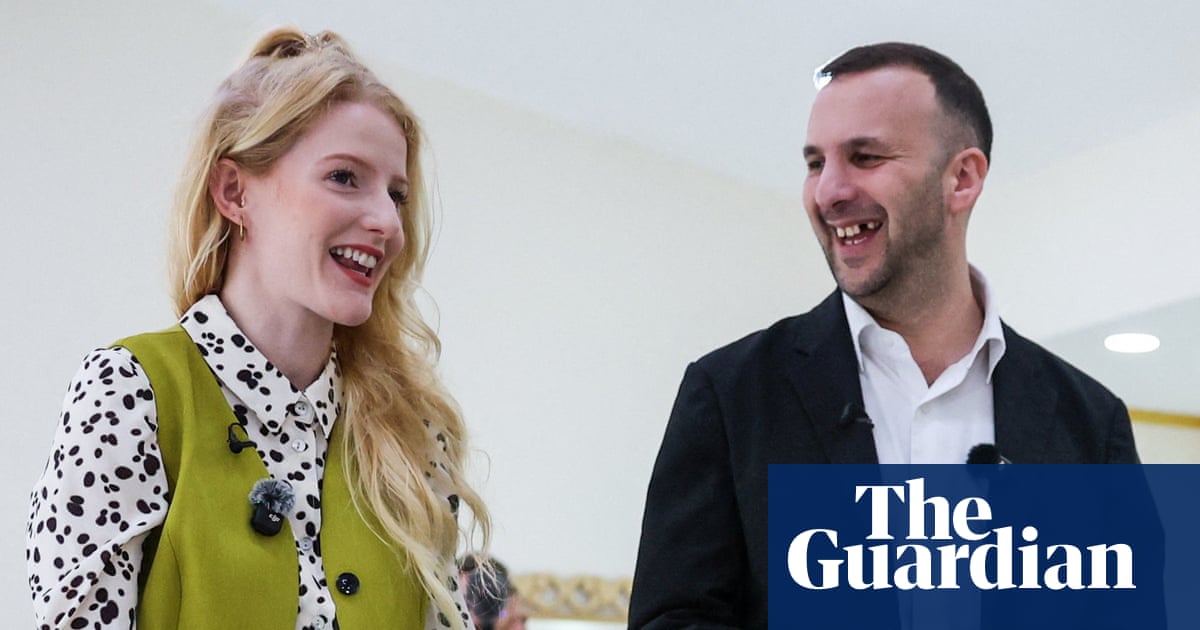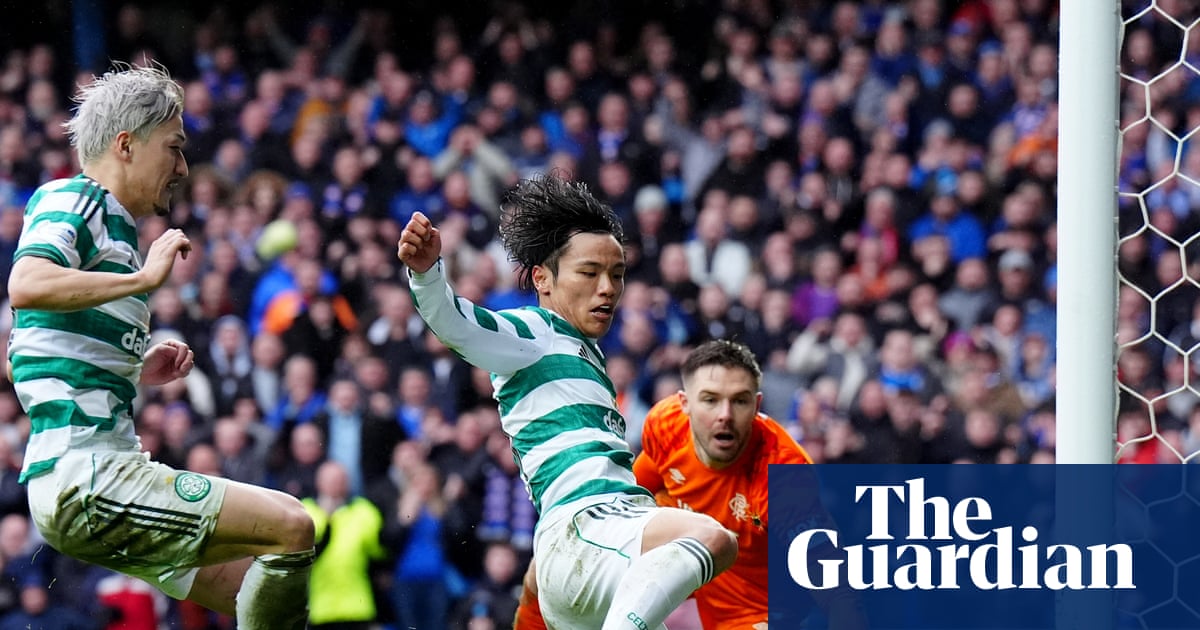A wheel turns full circle
When David Moyes resigned as Sunderland’s manager in May 2017, after a calamitous 10 months culminating in relegation to the Championship, he waived all entitlement to a payoff. Moyes knew he had failed but, in mitigation, he inherited a poisoned chalice, something arguably confirmed as the club swiftly plummeted into League One. Now Moyes is back in his Merseyside comfort zone and Sunderland have finally returned to the top tier. When he leads his Everton team into the Stadium of Light, the Scot may be startled to see players of the quality of Granit Xhaka, Enzo Le Fée, Nordi Mukiele and Reinildo wearing red and white stripes. That quartet arrived from Bayer Leverkusen, Roma, Paris Saint-Germain and Atlético Madrid respectively. And to think Moyes regularly reiterated the belief that top footballers would not relocate to Wearside because they invariably wanted to live in the London or Manchester areas. Despite that, club sources indicate not one prospective signing queried its geography this summer. Much as the local council is attracting outside investment and IT professionals by rebranding Sunderland as a technology hub situated in “the city by the sea”, the football club is fast becoming a magnet for ambitious young players from across Europe.
Unity behind the scenes
Sunderland made 14 signings during a revolutionary summer. That would usually spell turmoil, but Régis Le Bris has kept the old guard fully on side. So far at least, the revolution is proving of the velvet rather than the bloody variety. Luke O’Nien and Dan Neil were club captain and team captain respectively last season, but while O’Nien retains his role, Neil’s was given to Xhaka in July. Rather than sulking, Neil and O’Nien – substitutes rather than starters these days – have helped the Switzerland captain and former Arsenal and Bayer Leverkusen midfielder helm the dressing room, ensuring it does not splinter along old guard/newcomers lines. When Chemsdine Talbi’s late goal secured a 2-1 win at Chelsea, it seemed significant that Neil and O’Nien were first to leap off the bench and congratulate their teammates.
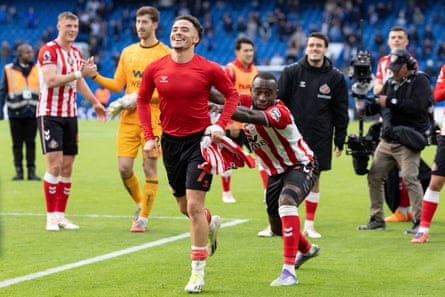
“It was a very positive reaction,” said Le Bris. “You can be frustrated, which is absolutely fair, but you can still take enjoyment from your teammates winning. The dressing room is really positive. We have no problems. We had 14 new players but it is as if they have been here two or three seasons.” Le Bris believes much of the credit belongs to Xhaka. “Granit leads by example,” he says. “He gives us faith and hope. On the pitch he micro-manages situations. He solves problems.”
Rare regeneration synergy
There is a suggestion that the new £31m Keel Crossing – a foot and cycle bridge over the River Wear connecting Sunderland city centre with the Stadium of Light – should be renamed Régis Le Bridge. And why not? Managers come and go but Le Bris has presided over a footballing metamorphosis as startling, and welcome, as the transformation of the Sheepfolds area from a post-industrial wilderness to an example for urban regeneration. In ending the team’s eight-year exile from the Premier League and choreographing their excellent start to top-tier life, the Breton demonstrated the sort of vision under which the old disused scrapyards are being replaced with modern housing and community facilities. Contemporary dance and yoga classes have started, cafes and restaurants are up and running, and Sheepfolds is becoming a magnet for lovers of innovative street food. Fine dining is available at the Stadium of Light’s Banks on the Wear, run by the acclaimed head chef Tommy Banks, the holder of two Michelin stars.
Pickford’s worthy Wearside successor
Jordan Pickford joined Sunderland’s academy at eight and still supports his boyhood heroes. In June 2017, he was sold to Everton for a record £30m and returns to the Stadium of Light as England’s first-choice goalkeeper. Sunderland fans would welcome Pickford back with open arms one day but they have fallen in love with his latest successor. Robin Roefs, a £9m summer buy from NEC, is part of the Netherlands squad and the 22-year-old possesses the potential to become as good as Pickford.
No prima donnas or complacency
The defenders Mukiele and Trai Hume and the midfielder Le Fée have been three of Sunderland’s best players this season, but have readily agreed to operate out of positions at times. “We have conversations about it,” says Le Bris. “In modern football, it’s very important to be adaptable.” The ‘side before self’ principle extends to the manager. “As a coach I don’t want to be the main man,” he says. “That’s not my purpose. I want to give knowledge and power to the players. I want them to be able to control situations and fix problems on the pitch.”
after newsletter promotion
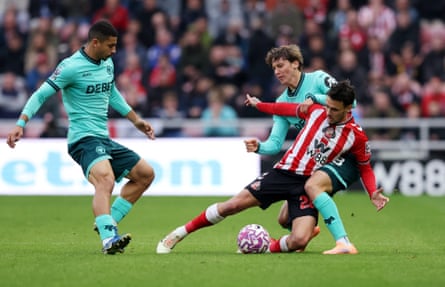
Doing so involves having the right characters. “That’s really important in the recruitment process,” says Le Bris. “When you analyse a player through video footage, you can watch his technical abilities, his physical attributes and so on, but you can observe his behaviours as well. For us, it’s really important.
“Our identity is based on different key pillars and one is the connection; the ability to play with your teammates. You have to assess it. Sometimes it’s not easy but you can find some clues when you watch a game. For example, how do players respond to an error from a teammate? How does he manage different situations with his teammates? It’s really interesting.”
The former Lorient manager remains refreshingly humble in the face of Sunderland’s bright start. “We still have to improve to stay competitive,” he says. “So far, we have never shown we are complacent, which is still possible. The dynamics are still fragile. We know the Premier League is really hard.”

.png) 3 months ago
81
3 months ago
81
